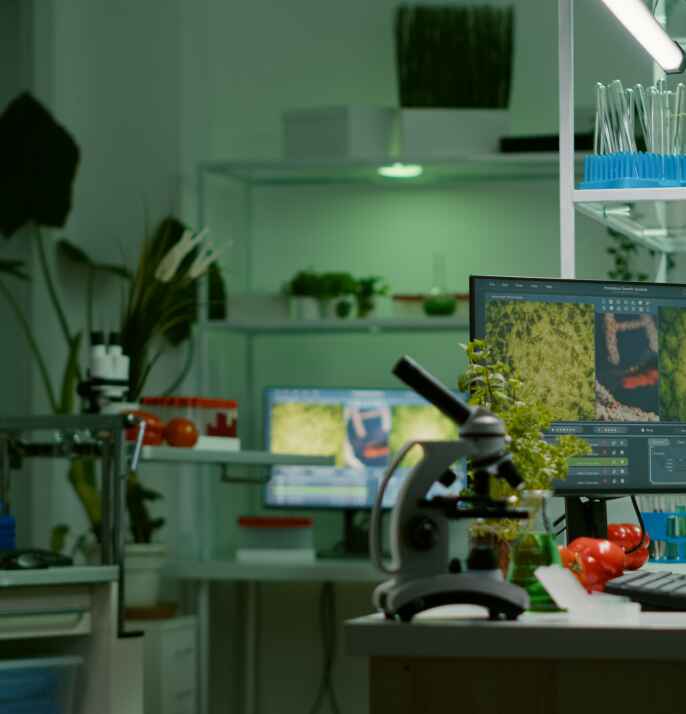B.Tech in Computational
Biology Program
Overview
Computational Biology
Computational biology is the application of computer science, statistics, and mathematics to not only store, analyse and utilize biological information but also uncover new biological knowledge through computational approaches to develop products of commercial value in medical, pharmaceutical, industrial and agricultural industries, academia, and clinics.
The global computational biology and bioinformatics market is projected to reach USD 21.8 billion by 2026 from USD 10.7 billion in 2021, growing at a CAGR of 15.2% The field includes foundations in computer science (algorithm design, AI/ML), applied mathematics, statistics, biochemistry, molecular biology, genetics, genomics, biophysics, ecology, evolution, anatomy, neuroscience, etc.
eHR: India will digitize country’s health care delivery system by building registries of healthcare providers and facilities, providing unique health identity to all residents, and ensuring universal access to health care through healthcare informatics . Established companies in biotech, biomedical, pharmaceutical and hundreds of startups are struggling to find trained computational biologists or bioinformaticians.
Specializations
The Program will offer 5 specializations for students keen to pursue career in a particular domain –

Healthcare Informatics
The Indian healthcare sector is expected to record a three-fold rise, growing at a CAGR of 22% between 2016–2022 to reach US$ 372 billion in 2022. The need for healthcare informatics (HI) has emerged to store and manage huge data regarding various therapeutics and diagnosis methods in clinical practice across the globe. Major players in healthcare informatics market are Accuro Healthcare Solutions, Allscripts, Agfa HealthCare Corp, Axiom Resource Management Inc., Cardinal Health, Cerner Corp., Benchmark Systems, CNSI, Cognizant Technology Solutions, Companion Technologies, and many more.

Computer-Aided Drug Discovery
The global computer-aided drug discovery market is expected to be valued at $7,914.2 million by 2028, surging from $2,741.1 million in 2020 at a noteworthy CAGR of 15.0%. Emerging concepts of artificial intelligence (AI) and big data in computer-aided drug discovery are driving the market. Artificial intelligence can be significantly utilized in multiple parts of drug discovery value chain such as drug design, chemical synthesis, drug screening, drug repurposing, pharmacology and clinical practice.

Computational Genomics
The global precision medicine market size valued at USD 66.1 billion in 2021 is expected to reach USD 175.64 billion by 2030 and poised to grow at a compound annual growth rate (CAGR) of 11.5% during the forecast period 2022 to 2030. The increasing use of pharmacogenomic research for the development of precision medicine, and the increasing partnerships and collaborations between various life sciences and informatics companies for the development of advanced bioinformatics tools and software are major factors contributing to the growth of computational genomics.

Computation in Agriculture
The precision farming market is expected to grow from USD 8.5 billion in 2022 to USD 15.6 billion by 2030, at a CAGR of 7.9%. Traditionally agriculture industry was highly dependent on manual labour for different activities; however, with technological advancements, automation is enabling the industry players to achieve high output in less time and inputs. In addition to smart sensors, drones, GPS the use of AI-based applications and tools can help farmers in controlled and accurate farming by providing required information or guidance regarding the use of fertilizers, water management, crop rotation, pest control, type of crop to be grown as per soil, nutrition management, optimum planting, etc.

Biological Systems Modelling
Biomanufacturing green products in cell factories through synthetic biology would require developing quantitative predictive models of cell metabolism so that biosynthetic pathway engineering interventions can successfully implemented. The biological systems modelling domain, therefore, involves integration of transcriptomic, proteomic, and metabolomic data through machine-learning approaches to predict bioengineering outcomes towards biomanufacturing green products, biomaterials and drugs.
Technical Competencies: The program will
deliver following competencies

Biological data generation technologies

Statistical methods in the context of molecular biology, genomics, medical, and population genetics research

Bioinformatics tools and their usage

Computing requirements appropriate to solve a given scientific problem (e.g., system, process, algorithm, component or program; define algorithmic time and space complexities and hardware resources required to solve a problem).

Command line and scripting based computing skills appropriate to the discipline

Construction of software systems of varying complexity based on design and development principles

Local and global impact of bioinformatics and genomics on individuals, organizations, and society.

Professional, ethical, legal, security, and social issues, and responsibilities in the workplace

Effective communication of bioinformatics and genomics problem/issue/topics with a range of audiences

Teamwork to accomplish a common scientific goal. Engage in continuing professional development in computational biology









